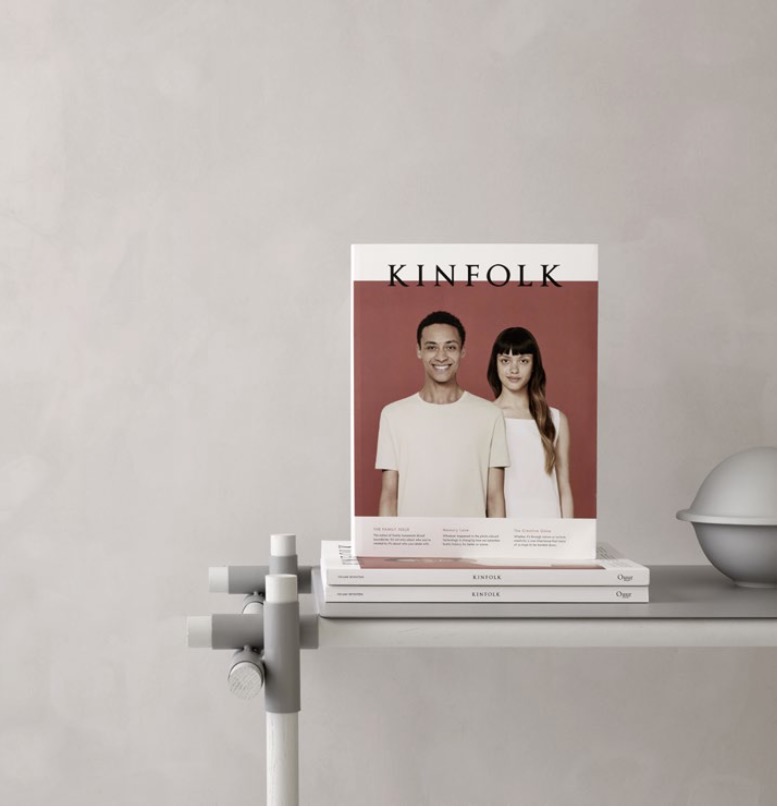
Since the 1900s there have been many predictions about what the future of the workplace will look like. One of the most prevalent, supported by everyone from economist John Maynard Keynes to philosopher Bertrand Russell, was that by the turn of the century we’d have a four or even three-day working week.
But while, thanks to major advances in technology, we produce more food than anytime in human history and many of the tasks industrialisation first demanded of us can now be roboticised, somehow, this utopian ideal hasn’t materialised. Instead, the vision of the future workplace seems to be rather more dystopian. Take The New York Times report on online retail giant Amazon, which included accounts of people repeatedly crying at their desks due to data-driven management that valued their worth at cost per minute.
For a long time the alternative, a Slow lifestyle, has been seen as the preserve of hippies. But more recently high profile CEOs like Arianna Huffington have campaigned to bring terms like the Third Metric into our common vocabulary. In short, putting personal growth and wellbeing over building a CV or earning a higher income is becoming the norm.
The message increasingly resonates with multiple audiences. Of the 2000 people surveyed across the Protein Network for our Slow Survey, 72% said they found their current work-life balance stressful, and 43% would strongly support a 35-hour working week.
Some feel they’ve been pushed by their workplace to take on more responsibilities due to a stagnant economy and cost-cutting strategies. Others feel technology has created a 24/7 connected culture, which keeps them working outside of nine to five, while pressuring them into living an unattainable social lifestyle – typically classed by psychologists as FoMO (Fear of Missing Out). More often than not, however, it is the combination of both workplace pressure and overconnectedness that is driving people over the edge.
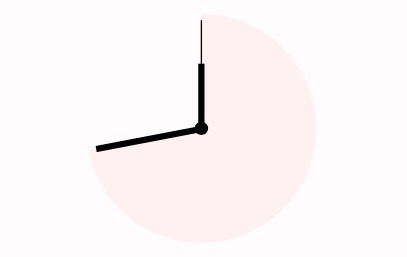
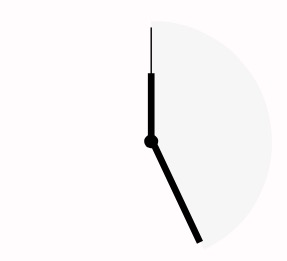
The Good Life
“A lot of people feel like they’ve been thrown onto the treadmill and have to keep up the pace,” says Nathan Williams, who left a career at financial titan Goldman Sachs to create Kinfolk magazine in 2011. Today, the quarterly Slow lifestyle publication has a 1 million strong following on social media, made up of 25-35 year old creatively minded professionals, like designers, editors and entrepreneurs.
Kinfolk gatherings – meals with friends that encourage sharing and spending time together – have (for want of a better word) also gone viral, with events around the world in 25 different locations, from Auckland to Oslo – proof that millennials aspire to be a part of the Slow lifestyle online, as well as take real action and engage with offline events.
For Williams, Kinfolk’s fan base is growing thanks to a new generation who want to improve their quality of life as well as the communities around them. “They’ve realised that with a little mindfulness and active participation they can step away from that cycle and take back control of their time and how they want to spend it,” he explains. “More people want to find ways to bring meaning and intention back into their lives.”
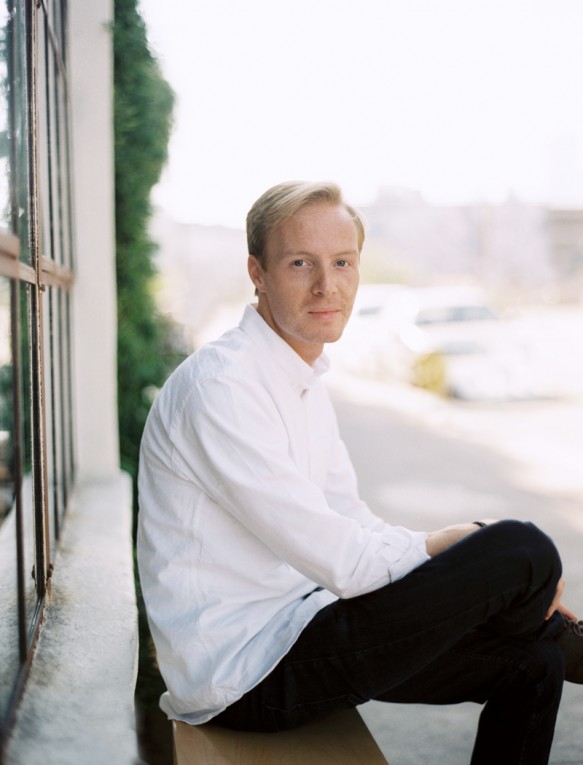
A lot of people feel like they’ve been thrown onto the treadmill and have to keep up the pace Nathan Williams Founder of Kinfolk
Working Nine To Five
The pressure isn’t just from one demographic though – boomers, millennials and the elderly are all shifting towards a less stressful way of living.
“Fifteen years ago the interest in Slow living was from very small groups, like businessmen hovering between heart attack one and heart attack two,” says Carl Honoré, the author of In Praise of Slow, whose mission it is to educate everyone from college students to advertising executives about the benefits of taking it easy. “Now everyone feels overwhelmed, overwrought and over connected.”
Increasing stress in the workplace is a huge contributor to this overarching change in attitude to slow living. Forty-one percent of those surveyed now strongly agree their mental wellbeing is more important than their income – a far cry from the ‘loadsamoney!’ attitude of the 1980s, or the excessive levels of conspicuous consumption pre-crash in 2008.
Often there’s a taboo against slowing down > Carl Honoré author of In Praise of Slow
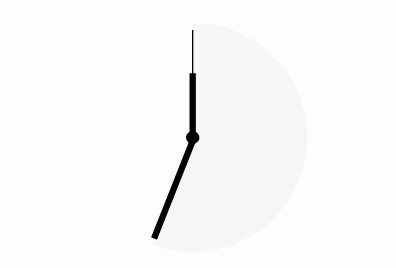
Some workplaces are beginning to recognise the need to bring mindfulness to the workplace. But many employees are already taking matters into their own hands, breaking free of the office and living the ‘out of office’ dream. (Read our startups feature, to find out why entrepreneurs and freelancers increasingly prefer a dip in the pool to the watercooler moment.)
“Often there’s a taboo against slowing down,” says Honoré, referring to senior executives’ attitudes. “There is a culture of silence. They’re scared about selling it to the board, or what shareholders will think. They even worry about using the word ‘Slow’. But once they get over that fear they start taking steps and finding it’s not that scary.”
Switching Off
Of all the drivers pushing people to change gear and live life in the slow lane, the most powerful is technology. Smartphones and social networks, which tap into our urge to consistently connect, have been blamed for everything from breaking up relationships to causing attention deficit disorder.
In particular, technology is the biggest factor pushing millennials to refocus their lifestyles. Our findings show 82% of participants think they spend too much time online, and 56% of participants are increasingly trying to disconnect from technology whenever they can.
But most Slow advocates aren’t so much against technology as the digital habits we’ve become accustomed to. “Technology has fed into some of our baser appetites and our natural affliction for instant gratification,” says Honoré. “But I wouldn’t say that’s the fault of technology. The problem is the way we use it.”
It seems consumers are also well aware of this as well. In fact, 65% of participants in our Slow Survey actually want products that help them achieve a Slow lifestyle. And startups are listening up. In our piece on mindful tech we look at the various innovations that promise to lower stress levels by measuring everything from your heart rate to your brain waves.
“I think all of us intuitively recognise that digital connection has a negative impact on human connection,” says Kate Unsworth, founder and CEO of Vinaya (previously Kovert Designs), which aims to make tech that will provoke us to be ‘more human’. “Technology is supposed to fit into a certain quadrant of our lives rather than being all encompassing.”

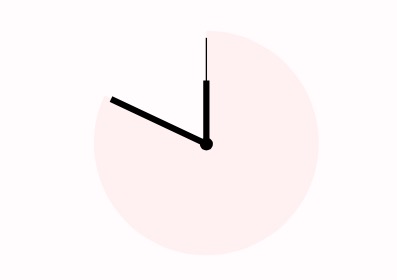
Fading Materialism
The biggest change across all demographics is a huge shift in the metrics that now determine success and a good quality of life. Our survey shows 96% now value experiences over material goods. They’ve chosen to priorities their long-term mental wellbeing over short-term goals.
In short, time is the new luxury. Boasting about a Richard Mille watch or the hours you put in over the weekend are no longer seen as a badge of honour. Sharing photos of your three-week holiday binge in Bali on Instagram and doing absolutely nothing on a bank holiday are in.
“The fastest way to a good lifestyle is to slow down,” says Geir Berthelsen, founder of The World Institute of Slowness, a think-tank that challenges brands, companies and people to be smarter not faster. “We have to recognise time for ourselves is a luxury that we shouldn’t forget.”
Honoré is also quick to point out that for most human beings slowing down isn’t just aspirational, but a real need. “There are only so many hours in the day,” he comments. “The human body can only be awake for so many hours and I think we’re up against the limit of that.”
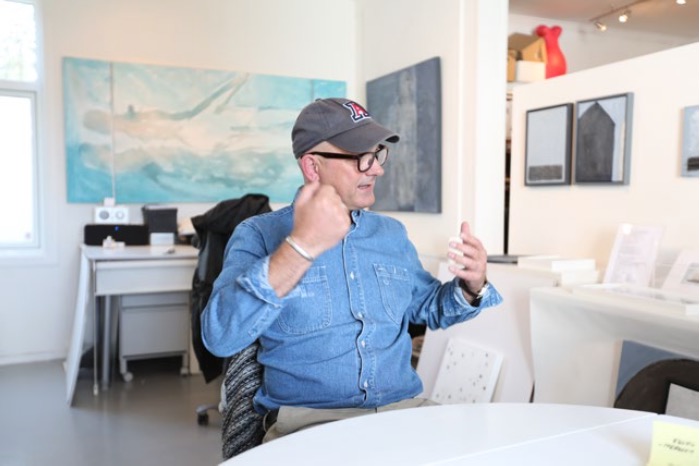
The pressure for the Slow Movement first began with individual groups focusing on niche topics, like food or travel. But today it’s a far more encompassing philosophy that touches on everything from holistic thinking to sustainability.
And, perhaps unsurprisingly, the Slow Movement is being embraced by everyone from politicians to greengrocers. “There are different drivers for different groups,” comments Honoré. “But the general pace of culture is roadrunner; it’s too fast. We have to relearn the art of saying ‘no’.”


